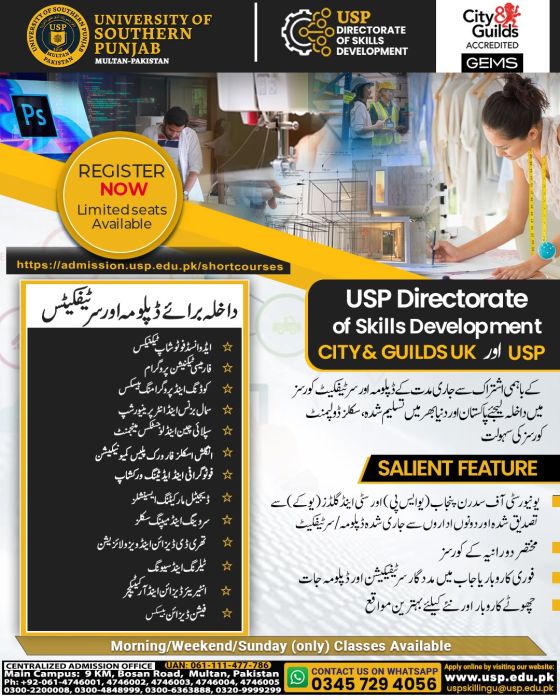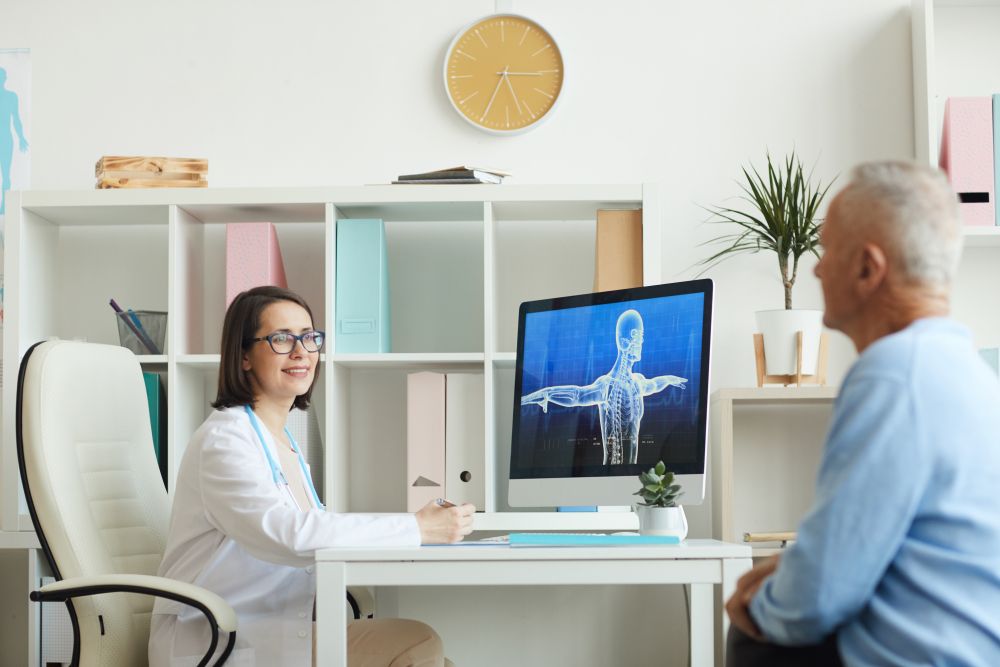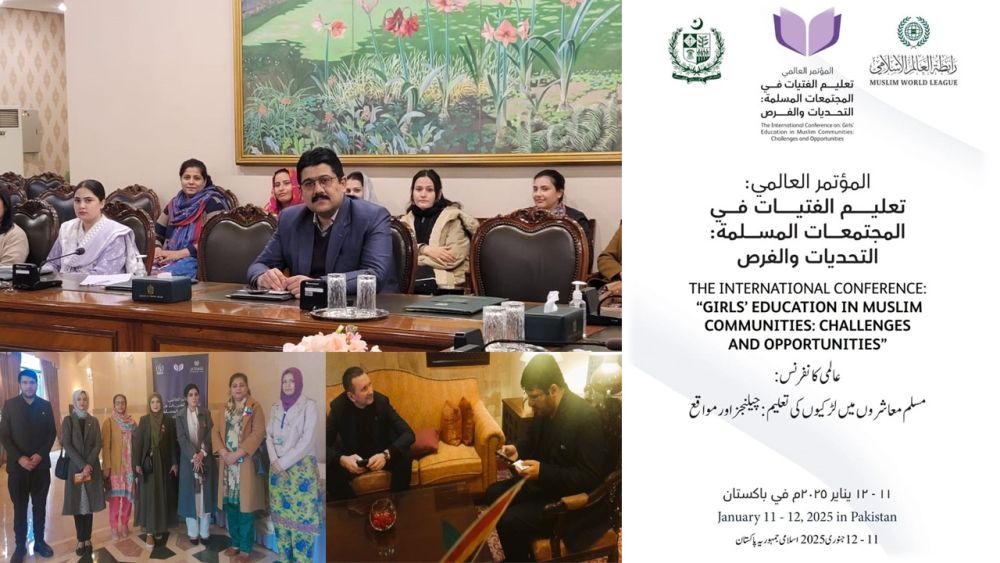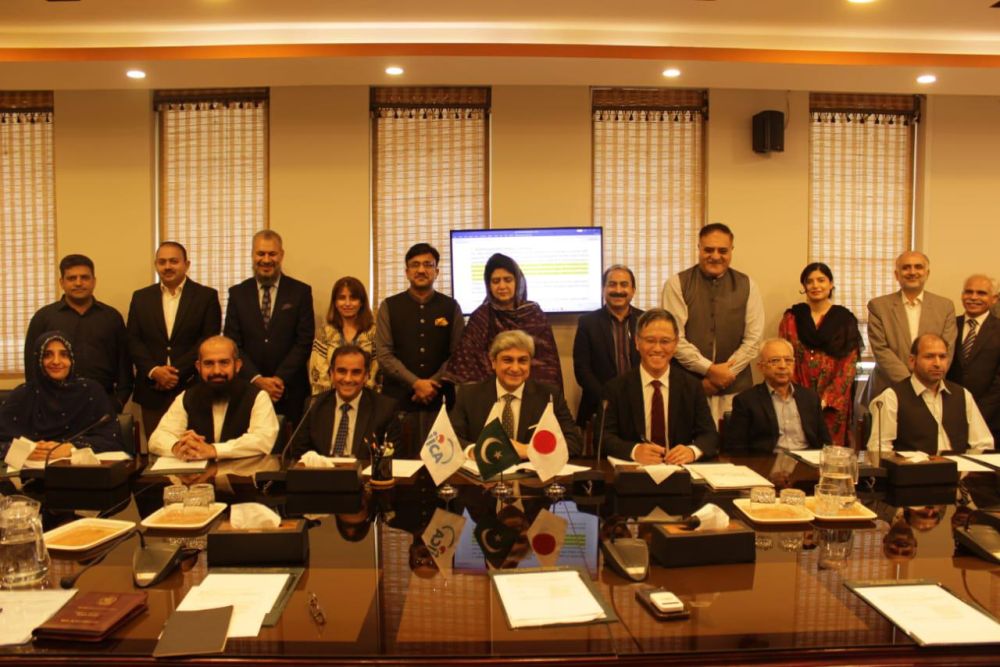"From Art to AI: Islamabad’s Vision for Educational Excellence"
Posted 1 year ago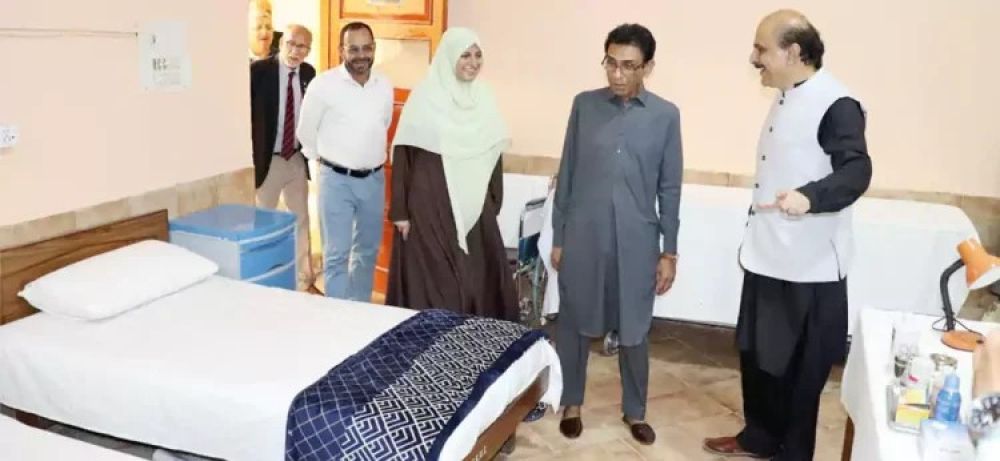
Islamabad
June 30, 2024
At the Islamabad Model College for Girls (Post-Graduate Margalla College for Women), F-7/4, Minister for Federal Education & Professional Training, Dr. Khalid Maqbool Siddiqui, marked a milestone by inaugurating an IT park, an art gallery, and a self-grooming classroom.
The inauguration, attended by key stakeholders, including the Federal Secretary for the Ministry of Federal Education and Professional Training (MoFEPT), Mr. Mohyuddin Ahmad Wani, manifests a collaborative effort among the Education Ministry, Pakistan Software Export Board (PSEB), IT Ministry, and the college community. This effort has established essential infrastructure and nurtured a vibrant tech ecosystem ready to propel this particular school and several others into a technology hub.
The IT park at Islamabad Model College for Girls exemplifies more than physical infrastructure; it represents a strategic nexus where students, particularly girls, gain direct access to IT companies. This initiative facilitates practical learning and fosters academia-industry linkages critical for career development and economic growth.
Minister Siddiqui's visit to the e-Rozgar Center highlighted the integration of academia with industry. IT companies offer internships and employment opportunities to students pursuing degrees in IT, Economics, and other disciplines. This initiative supports skill development and positions Islamabad's youth for meaningful employment and entrepreneurship.
Moreover, the inauguration of an art gallery at the college showcases students' creative talents, featuring pencil sketches, miniature paintings, and portraits. Recognition and appreciation of these artistic endeavors through cash prizes underscore the commitment to a holistic education that nurtures both technical proficiency and creative expression.
The federal secretary of the MoFE&PT elaborated on plans to transform Islamabad's educational institutions into technology hubs equipped with AI-based IT courses and advanced learning modules. This ambitious initiative aims to enhance academic outcomes by integrating modern infrastructure, such as upgraded classrooms, laboratories, and libraries across 56 schools, including girls' schools. Additionally, converting 100 rural schools to solar power systems highlights a commitment to sustainability and equitable access to quality education.
Such initiatives promise to redefine the educational landscape and empower students to thrive in a rapidly evolving digital economy.

